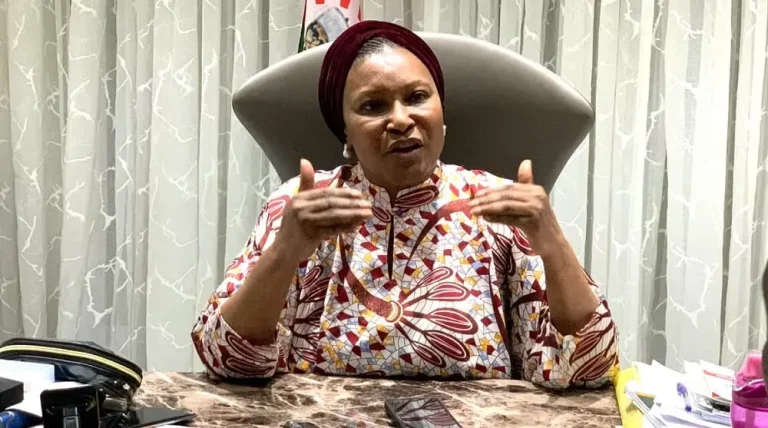
…Says, statutory agencies were shut out
The Judicial Commission of Inquiry on Contracts awarded from June 2011 to May 2019 headed by Justice Benjamin Iheka, yesterday, ordered the State Auditor General and the Auditor General for Local Government, to submit within seven days, their audited reports for years under review.
This followed revelations of corruption and impunity of
startling proportion in the Rochas Okorocha contract award processes within the
period under review, as contained in the testimonies of some top officials of
government under the former governor.
Making his submissions during the sitting, the State Auditor
General, Mr. Ebenezer Osuji, told the Commission that his office was neither
aware of the contracts awarded by the state government nor had any document
relating to any contract awarded by the government in the years under reference.
His words: “All contracts documents awarded by the state
government ought to be sent to the State Auditor General’s Office, as well as
the Attorney General’s Office, but within the period under review, this
provision was largely observed in the breach.
“If any contract was awarded, my office did not know
about it and we could not have audited what we never knew that existed. The
Ministry of Works, on inquiry, usually told my office that they were not aware
of any contract awarded by the state government. Only the Government House were
in a position to give contract details.”
On how he generated the data that formed part of the annual
reports, Osuji said: “Our reports were obviously watery. There were no
reliable records. We kept making demands from the Governor’s Principal
Secretary, Dr. Paschal Obi, but he never obliged. The former Accountant General
simply acted as a Government House cashier. All monies she released to the
Government House were bulk sums, which she said, she didn’t know what they were
used for.”
In his own submissions, the Auditor General for Local
Government, Mr. Osita Reuben Nwosu, confirmed that the Finance and General
Purpose Committee of local governments, have a spending limit of N500,000,
adding that he usually issued audit query to any local council that violated
this financial instruction.
Nwosu affirmed that he issued queries at various times, to
all the 27 local governments, within the period under review.
“Most of the local governments responded and as
prescribed by the relevant law, we forwarded them to the State House of Assembly.
We never got to know what they did with the yearly audit reports”, Nwosu
said.
While saying that the reports included names of people that
collected government funds without mandatorily retiring them, Nwosu however
lamented that several contracts were irregularly awarded.
“Some contracts were irregularly awarded, which we
rightly queried because they were illegally used to siphon government
funds”, Nwosu told the Commission.
Similarly, the Government House Director of Information, Mr.
Kennedy Amanze, narrated how a contract committee, headed by the Governor’s
Principal Secretary, Dr. Paschal Obi, acted as “a contract task
force”.
His words: “We considered state projects but because of
the task force nature of the committee, due process was not followed. I am not
aware that the State Tenders Board functioned simultaneously with our
committee. There were no guidelines for us to follow and our activities were
unconventional.
“We only assembled, documented and shortlisted proposals
for contracts. We never verified the identities of the companies that bidded
for jobs. It was not clear how the Principal Secretary gathered the companies
that did the job. We only adopted the shortlisted companies, incorporated them
in our minutes and signed.”







